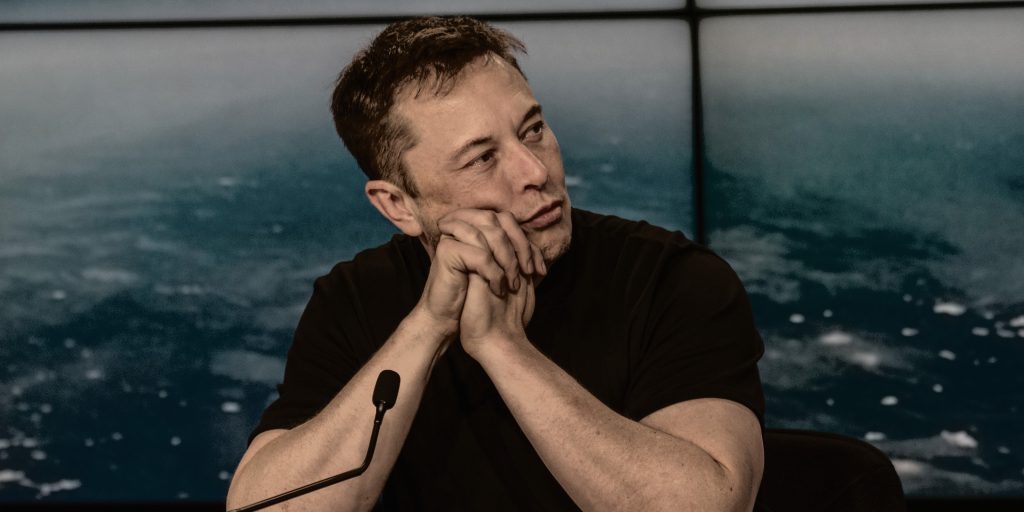Vice Chancellor Robert Habeck responded with a sharp rebuke.
Others are reading now
Elon Musk is no stranger to controversy.
As one of the world’s wealthiest and most influential figures, his ventures span electric cars, space exploration, and social media.
Musk’s outspoken nature and willingness to wade into global political issues often spark debates over the role billionaires should play in shaping public discourse.
While many admire his vision, others see his influence as a cause for concern.
Also read
German Vice Chancellor Issues Warning
Tensions flared in Germany after Musk publicly expressed support for the far-right Alternative for Germany (AfD) party ahead of the country’s elections on February 23.
Vice Chancellor Robert Habeck responded with a sharp rebuke, warning Musk to steer clear of German politics, according to Digi24.
“Hands off our democracy, Mr. Musk!” Habeck declared during an interview with Der Spiegel.
He accused Musk of exploiting his immense wealth, control over information networks, and artificial intelligence to meddle in political affairs.
“This combination represents a direct attack on our democracy,” Habeck said, reflecting growing unease in Berlin over Musk’s political influence.
Musk’s comments about German leaders have previously drawn criticism.
He has called President Frank-Walter Steinmeier a “tyrant” and labeled Chancellor Olaf Scholz a “fool.”
Despite the backlash in Germany, Musk has received praise from Italian Prime Minister Giorgia Meloni.
In an interview with Corriere della Sera, Meloni described Musk as a “brilliant man” and an “extraordinary innovator” who is always focused on the future.
She noted their positive working relationship and praised his forward-thinking approach.
Musk has become increasingly vocal on political issues, especially since Donald Trump’s 2016 election.
His statements often polarize public opinion and spark debates over his influence. His endorsement of the AfD has heightened tensions, as the party’s far-right stance is widely criticized in Germany.


